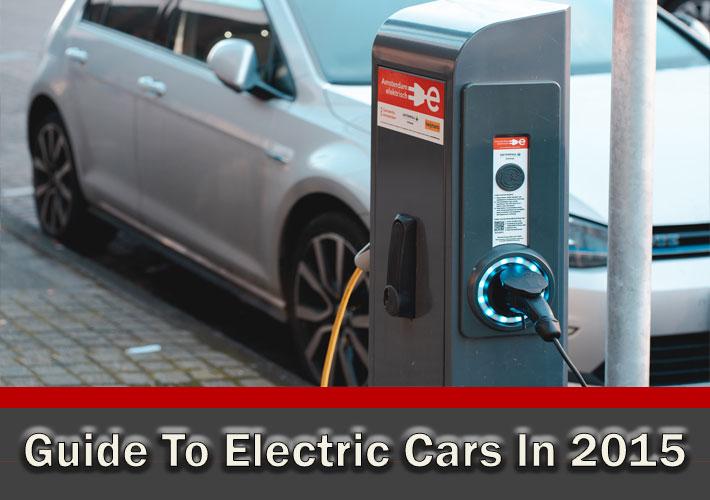Guide To Electric Cars In 2015
There has been a huge increase in electric cars on the roads of the UK in the last few years.
The figures are up from around 3,500 in 2013 to the impressive figure of nearly 40,000 vehicles in 2015.
This increase has come about for several reasons. There has been a sea change in the attitude of the public towards electric vehicles, an improved network of public re-charging points, and a greater choice of vehicles coming on the market.
Although many people would like to join the increasing number of those driving electric vehicles, some aspects of owning one should be taken into account.
For example, it is advisable that the daily mileage should not exceed 100 miles.
The ideal journey would be one the owner is very familiar with and is aware of any possible traffic hazards and detours.
The owner should have access to off street parking with a facility for recharging the car's battery overnight.
However, if off-street parking is not available, there is government funding that allows householders to apply to their local councils to have a public on-street charging point installed close to their home.
At the time of writing (November 2015), electric cars are dearer than those fueled by diesel or petrol.
In 2011, the purchase price of some electronic vehicles has been subsidised by grants that reduce the price of eligible cars by 25% up to a limit of £5000 and 20% on vans with a limit of £8,000.
The Office for Low Emission Vehicles receives all the required paperwork from the dealer selling the vehicles and the grant is deducted from the price at the point of sale.
Even with grants, the price of new electric cars and vans tend to be higher than internal combustion driven vehicles. Never the less, with the cost of electricity being far cheaper than petrol and diesel it is possible to save around £700 or more on an annual mileage of 10,000 miles. Electric vehicles are exempt from car tax and this alone saves £145 a year.

